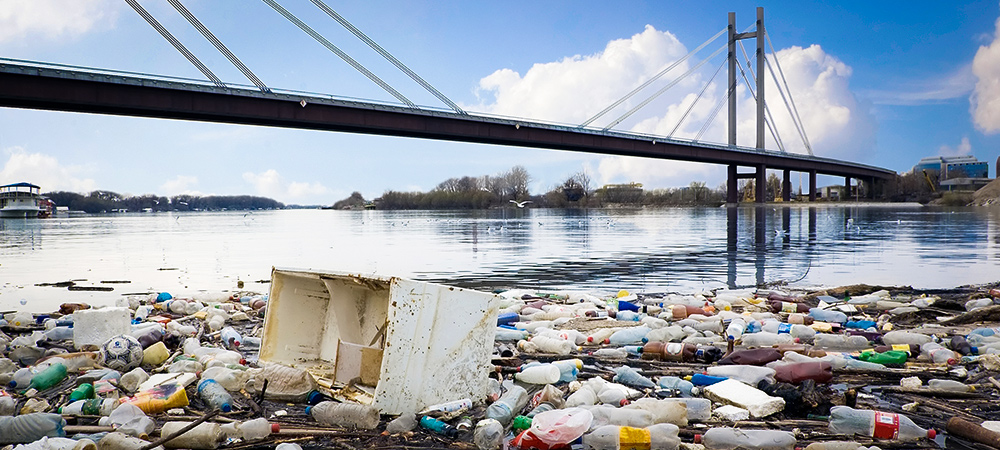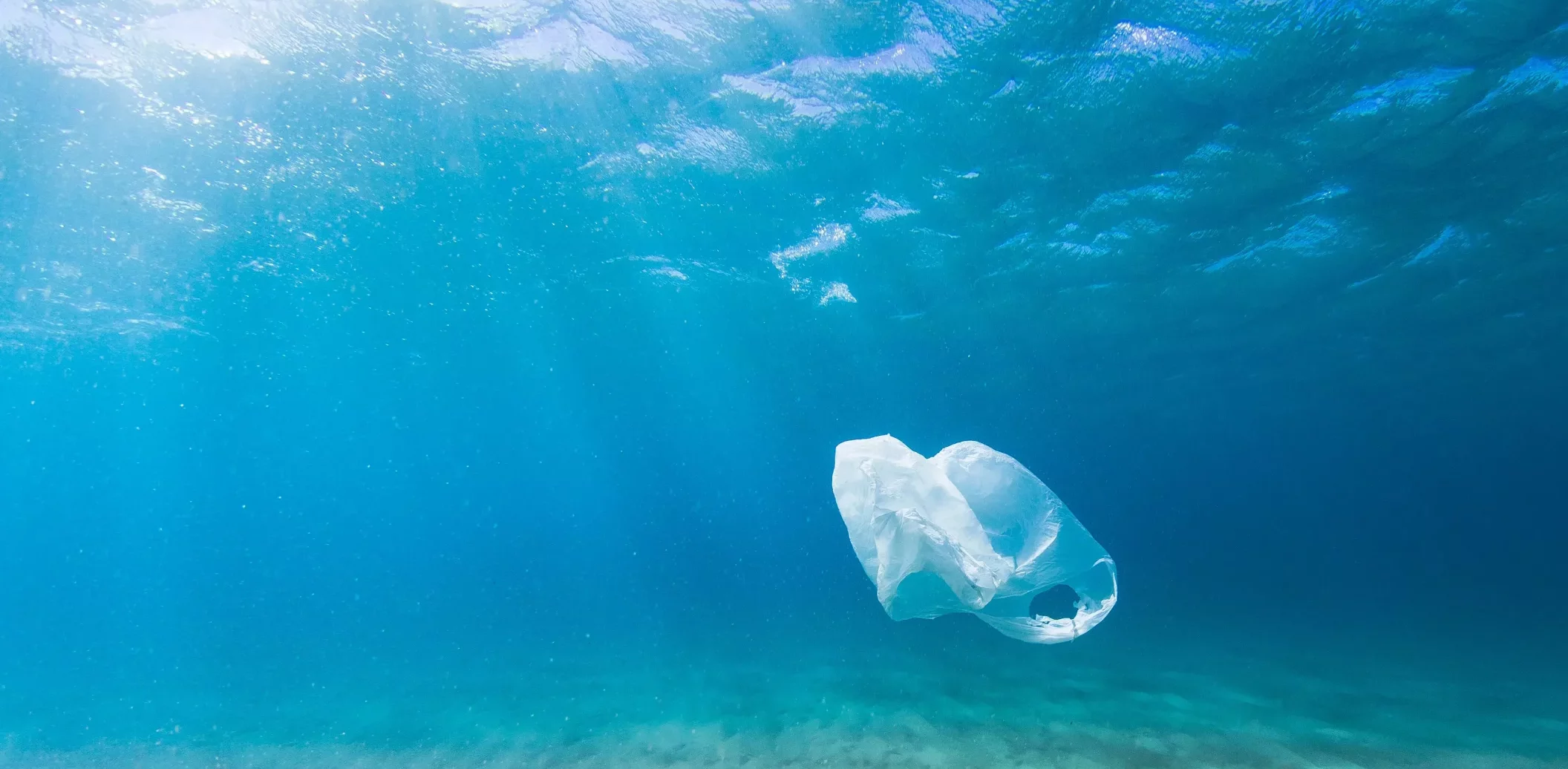Accountability for Source-to-Sea Action on Plastic Pollution
The policy brief presents a framework for strengthening accountability within the plastics value chain that can foster coordination between stakeholders, illuminate the interdependencies between them, and help clarify co-responsibilities for action.

To effectively address plastic pollution throughout the source-to-sea system, it is essential for government, private sector, and civil society actors to work together to develop a shared vision for preventing plastic pollution. To bring this vision to fruition, all actors must take on a shared responsibility for implementing the various and complementary actions needed. Given the complexity of plastic pollution, these actions may be interdependent, with one actor’s success relying on the actions of others. Thus, it is crucial to understand these interdependencies and strengthen the relationships between actors in order to effectively prevent plastic pollution.
The source-to-sea approach to preventing plastic pollution emphasizes the importance of providing resources to local waste and wastewater management teams to empower them to effectively manage plastic waste and eliminate sources of plastic pollution entering the environment. By implementing regional approaches to managing plastic waste, economies of scale can be achieved, and collaboration between upstream and downstream communities can greatly reduce plastic pollution in the entire source-to-sea system.
The accountability framework for source-to-sea action on plastic captures these relationships in a format that can be used to drive collaborative action.
The accountability framework can be used for periodic evaluation of progress on individual actions, with each actor being held accountable for their contribution to the action plan. Collectively, it can assist in monitoring overall progress toward the achievement of the shared goals. By tracking the outcomes from the actions taken, collaborative action can be evaluated and adapted as new challenges arise and incorporate new knowledge or changes in the social, environmental, and/or economic conditions within which the collaborative action is operating.
The accountability framework can be applicable to actors operating at local, national, and international scales.
Design and accountability for source-to-sea action on plastic
Building on experience from other recent source-to-sea projects, the Design and Accountability for Source-to-Sea Action on Plastic project promotes a holistic approach to addressing the problem of plastics polluting our waterways and oceans.
Learn more about the project



